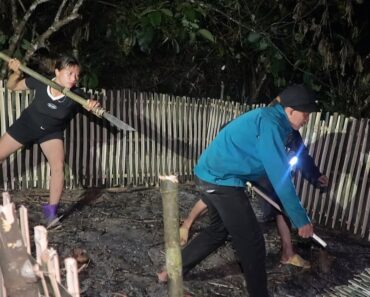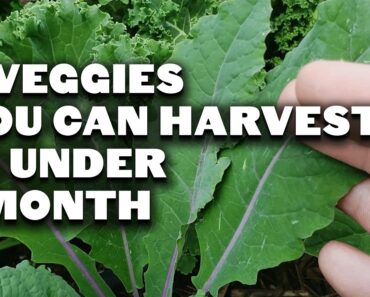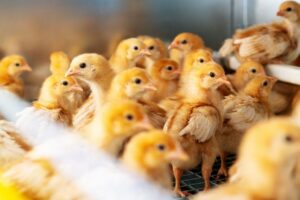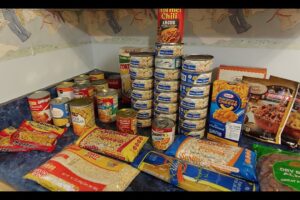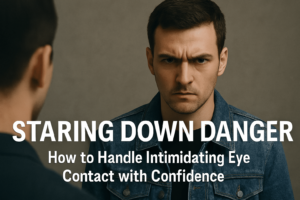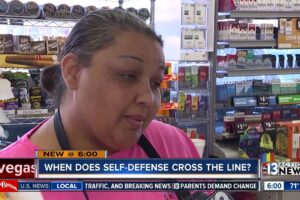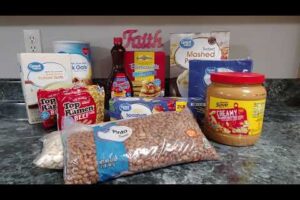For centuries our society knew how to grow a garden and crops, raise cattle, and survive by cooking, preserving, and thriving off of them. However, by and large those days are gone. Most people in our society today don’t know the first thing about growing a garden, raising a chicken, canning vegetables, or baking a loaf of bread from scratch. If you know how to do even some of these things, then congratulations, you are well on your way. If you do not, it’s not your fault, this what our complex society has stolen from you. However, it’s time to learn!
During World War II, every American family was encouraged to plant a “victory garden” to help ease the food shortages that existed because of the war effort. Today, we do not face a food shortage because of a war effort, but we do face a very serious food shortage. Disasters throughout the world, decreases in bee pollination, increasing oil prices, collapsing economies, ethanol production, and many other reasons have lead to the highest food prices in history and those high prices are only an indicator that supply is falling and demand is skyrocketing. However, during this food shortage the government is not encouraging you to plant a “collapse garden,” but that doesn’t mean it’s not a good idea or even a life essential idea.
It is unlikely that the majority of you will be able to survive entirely off of your own gardens, just as most of you will be unable to survive off your food stockpiles. We generally don’t have enough land or enough time to garden full-time. However, having a garden and a food stockpile will help you supplement the food supplies that may or may not be available to you in stores during a future collapse.
How do you get started with a collapse garden? I recommend the following steps to getting started with a collapse garden and learning the skills that our complex society of retail stores has stolen from us:
1. Buy non-hybrid, open pollinated heirloom seeds for your stockpile. To be sustainable in the long-term, you must be able to harvest seeds from the crops you grown during one year to plant the next year. However, most hybrid seeds that you buy in the store will not produce seeds that will grow again. To circumvent this, you must buy seeds marked “non-hybrid,” “open pollinated,” or “heirloom.” Growing these seeds will allow you to collect the seeds from what you grow and plant them again the next year, and the year after that… I recently purchased two “Heirloom Seed Combo Packs” from Emergency Essentials. These are great seed packs that have at least a 4 year shelf life and contain literally thousands of seeds for a very reasonable price. A Google search for “survival seeds” will provide you with a wealth of vendors selling long term storage seed kits.
2. Start learning how to garden. The best way to do this is to literally start gardening now when you can still afford to make mistakes. Grow a few beans, peas, potatoes, etc. in a small patch of your yard. Read books like “Gardening When it Counts” by Steve Solomon. Watch YouTube videos on how to garden. Talk to friends who garden. The skills you learn now might be invaluable in the future!
3. Start learning and practicing how to cook from scratch and preserve your harvest! Having an abundance of crops will not do you much good if you don’t know how to cook with them and preserve them for use all year. Learn how to can, dehydrate, grind, and cook all your crops.
4. Consider where you will grow a larger garden if you ever find yourself in a position where gardening is your only source of food. Most of us don’t have acres upon acres of land upon which we can grow food. It’s time to think about family and friends who have land and invite those people into your catastrophe network. Remember, their land is valuable to you, and you are valuable to them because you have thought through catastrophe survival, you have stockpiled seeds, food, first aid supplies, etc.
Local food supplies will become the very most important aspect to a new economy following economic collapse or a major catastrophe. By preparing now, you will ensure that you will be successful in a new economic paradigm.
View original video here



